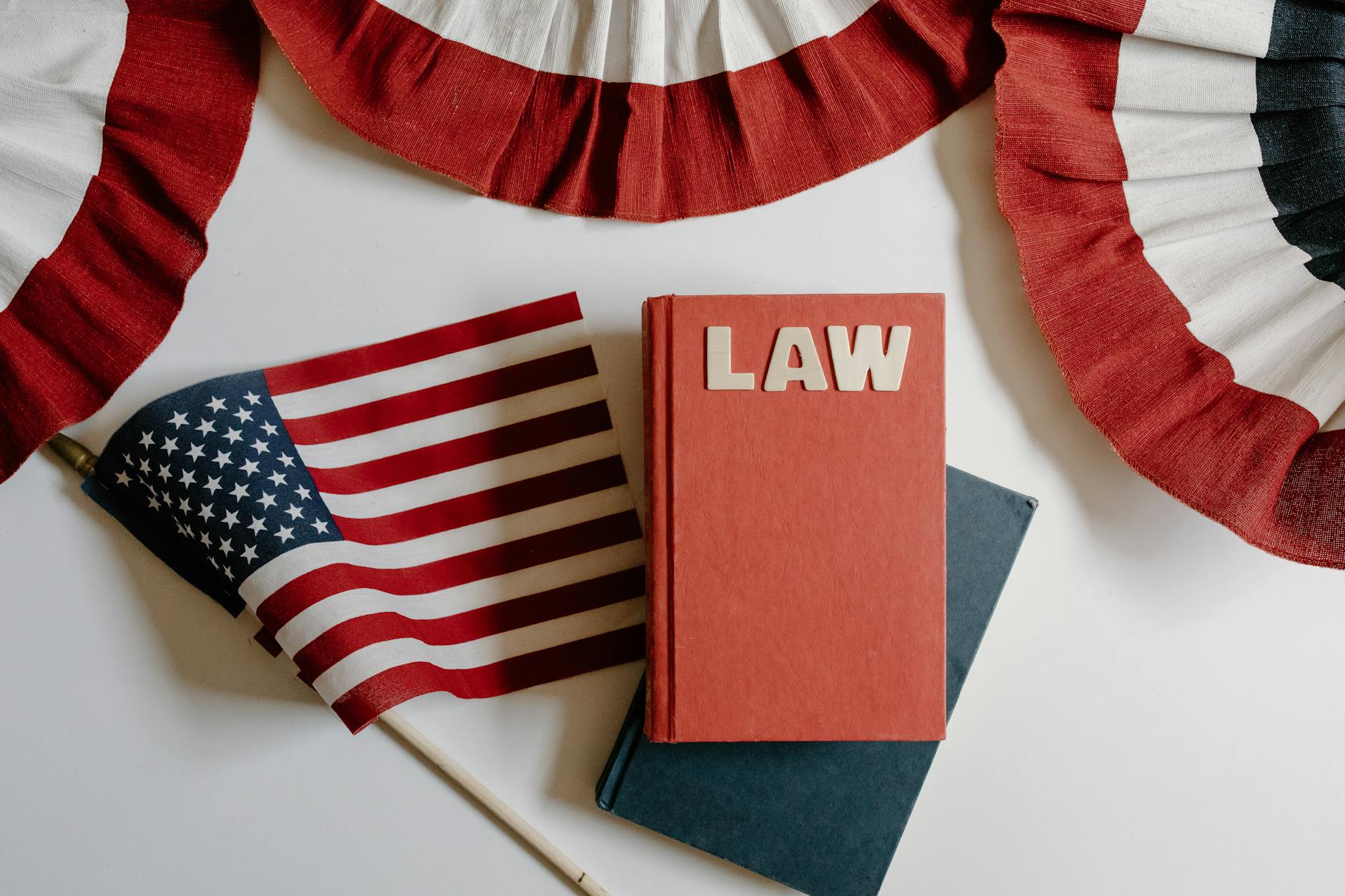A landmark legal confrontation is poised to unfold at the nation’s highest court, with significant implications for the independence of critical financial institutions. On January 21st, the Supreme Court is scheduled to delve into a highly contentious dispute regarding the potential removal of a sitting Federal Reserve Governor. This case has already seen two lower federal courts reject attempts to unseat the official, setting the stage for a pivotal hearing that promises to shape future presidential authority over unelected economic policymakers and redefine the boundaries of executive power.
The Precedent: Lower Courts’ Stand on Executive Power Over the Fed
The path to the Supreme Court for this significant case began with prior attempts by a previous presidential administration to remove a Federal Reserve official. These actions, aimed at Federal Reserve Governor Lisa Cook, faced immediate legal challenges and were decisively blocked by two separate federal appellate courts. These earlier rulings underscored a perceived constitutional separation of powers, aiming to protect the non-partisan integrity and operational autonomy of the nation’s central bank from direct political interference. The lower courts’ firm stance has elevated the discussion surrounding executive authority and the independence of key financial institutions directly to the Supreme Court’s docket, highlighting the profound importance of this legal battle.
High Court Weighs In: The Future of Federal Reserve Independence
Detailing the impending Supreme Court arguments on January 21st, it’s clear this isn’t merely a case about one individual’s position; it’s about the broader constitutional framework governing appointments and removals of officials within independent agencies. The ultimate outcome of this judicial review could redefine the boundaries of presidential authority, particularly concerning bodies vital for economic stability like the Federal Reserve. A ruling either way will send significant signals about the delicate balance between executive power and the institutional independence designed to safeguard the economy from political fluctuations, potentially impacting how future administrations interact with the central bank.
As the Supreme Court prepares to hear this compelling case, the eyes of the nation’s financial and legal communities will be fixed on its proceedings. The ultimate decision promises to be more than just a legal precedent; it will be a defining moment for the operational independence of the Federal Reserve and the future limits of executive power over key government institutions, ensuring clarity for years to come.

Leave a Reply